Jerome Powell: new Federal Reserve head approved by Senate
What does Powell’s appointment mean for global economy?
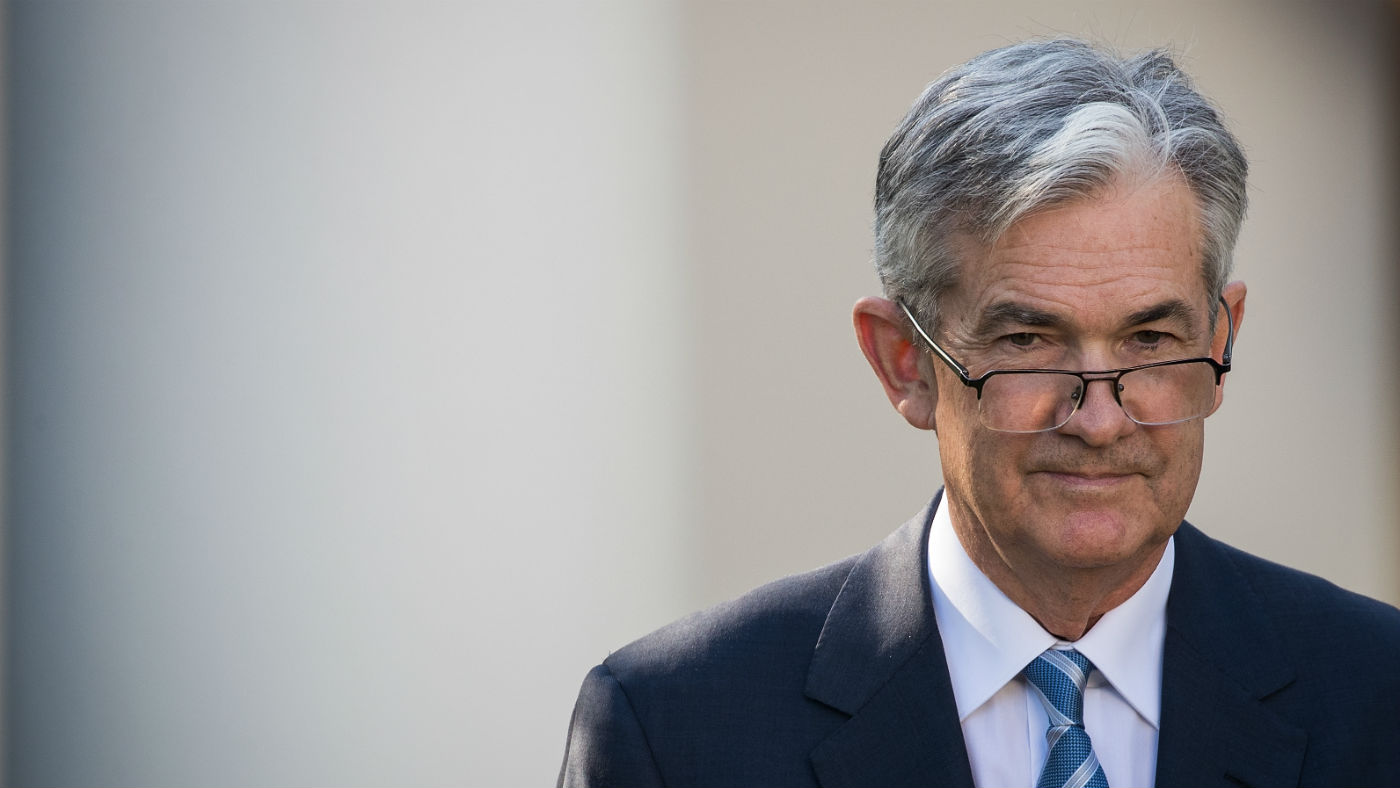
A free daily email with the biggest news stories of the day – and the best features from TheWeek.com
You are now subscribed
Your newsletter sign-up was successful
The US Senate has confirmed Donald Trump’s pick to replace Janet Yellen as the new head of the Federal Reserve, the world’s most powerful banker.
Jerome Powell, a Republican who also received support from a large number of Democrats, is seen a centrist on monetary policy and is known “as a pragmatic and down-to-earth official with private sector and government experience”, the Financial Times reports.
A former private equity executive who also served in the Treasury under former president George H. W. Bush, he will be the first head of the Federal Reserve in almost 40 years not to have an advanced degree in economics.
The Week
Escape your echo chamber. Get the facts behind the news, plus analysis from multiple perspectives.

Sign up for The Week's Free Newsletters
From our morning news briefing to a weekly Good News Newsletter, get the best of The Week delivered directly to your inbox.
From our morning news briefing to a weekly Good News Newsletter, get the best of The Week delivered directly to your inbox.
He has been hailed by moderates “as a safe choice who would provide continuity for existing US monetary policy, not rattle markets”, says the BBC, and he's expected to act as a counterweight against some of Donald Trump’s more radical ‘America First’ economic policies,
A member of the Fed’s board since 2012, Powell has in the past supported Yellen’s cautious approach to raising interest rates, although he might be “marginally more favourable toward easing some of the stricter financial rules” introduced following the 2008 financial crisis, says Associated Press.
His leadership is “likely to combine continuity on interest-rate policy with perhaps a lighter touch on financial regulation”, predicts The Wall Street Journal, which could bring him into conflict with Trump. It has been suggested that the President, who has businesses which could benefit from lower interest rates, will attempt to unduly influence Fed decisions, the BBC reports.
A free daily email with the biggest news stories of the day – and the best features from TheWeek.com
-
 The mystery of flight MH370
The mystery of flight MH370The Explainer In 2014, the passenger plane vanished without trace. Twelve years on, a new operation is under way to find the wreckage of the doomed airliner
-
 5 royally funny cartoons about the former prince Andrew’s arrest
5 royally funny cartoons about the former prince Andrew’s arrestCartoons Artists take on falling from grace, kingly manners, and more
-
 The identical twins derailing a French murder trial
The identical twins derailing a French murder trialUnder The Radar Police are unable to tell which suspect’s DNA is on the weapon
-
 Powell: The Fed’s last hope?
Powell: The Fed’s last hope?Feature Federal Reserve Chairman Jerome Powell fights back against President Trump's claims
-
 The end for central bank independence?
The end for central bank independence?The Explainer Trump’s war on the US Federal Reserve comes at a moment of global weakening in central bank authority
-
 Who will be the next Fed chair?
Who will be the next Fed chair?Today's Big Question Kevin Hassett appears to be Trump’s pick
-
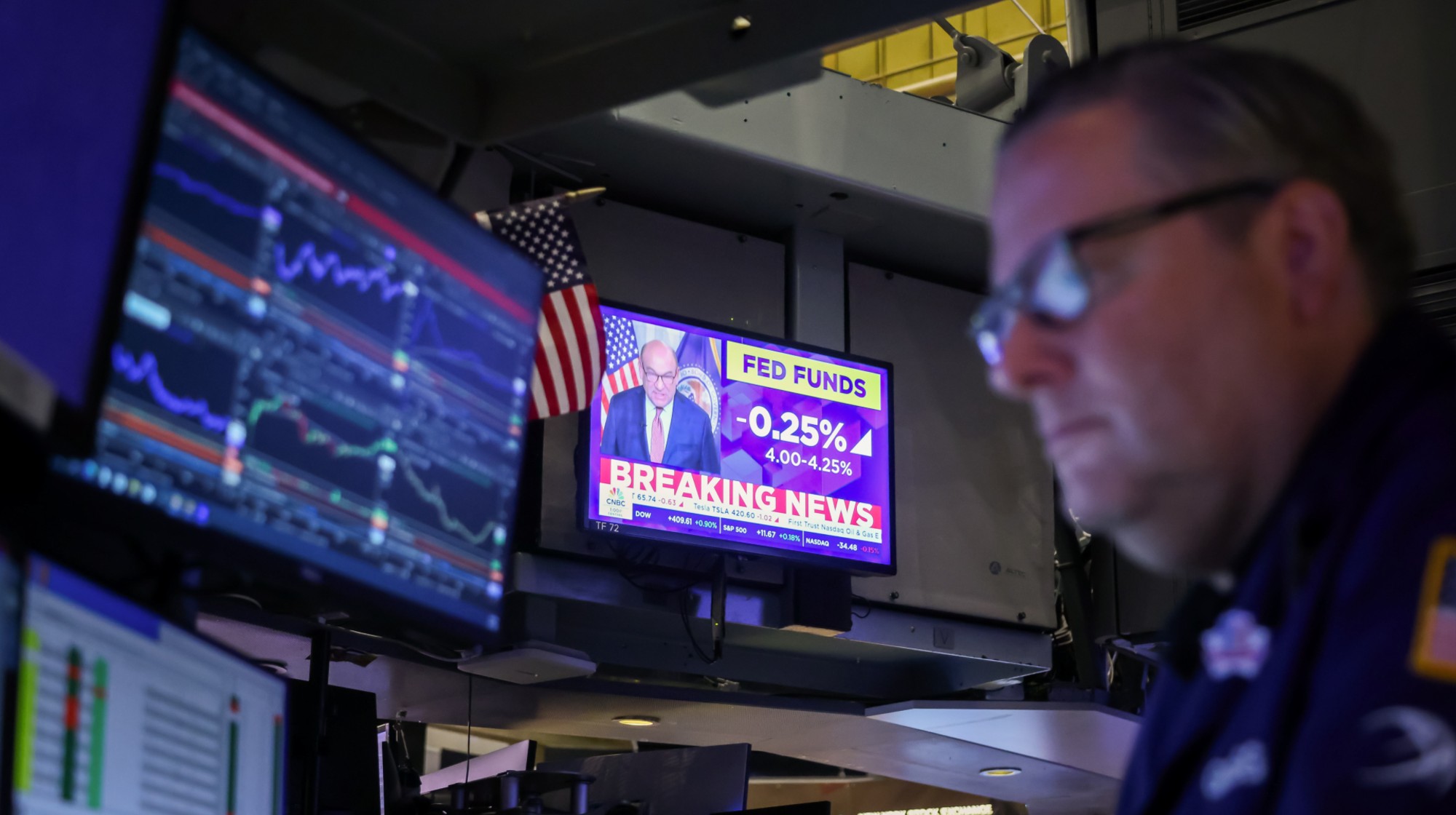 Fed cuts interest rates a quarter point
Fed cuts interest rates a quarter pointSpeed Read ‘The cut suggests a broader shift toward concern about cracks forming in the job market’
-
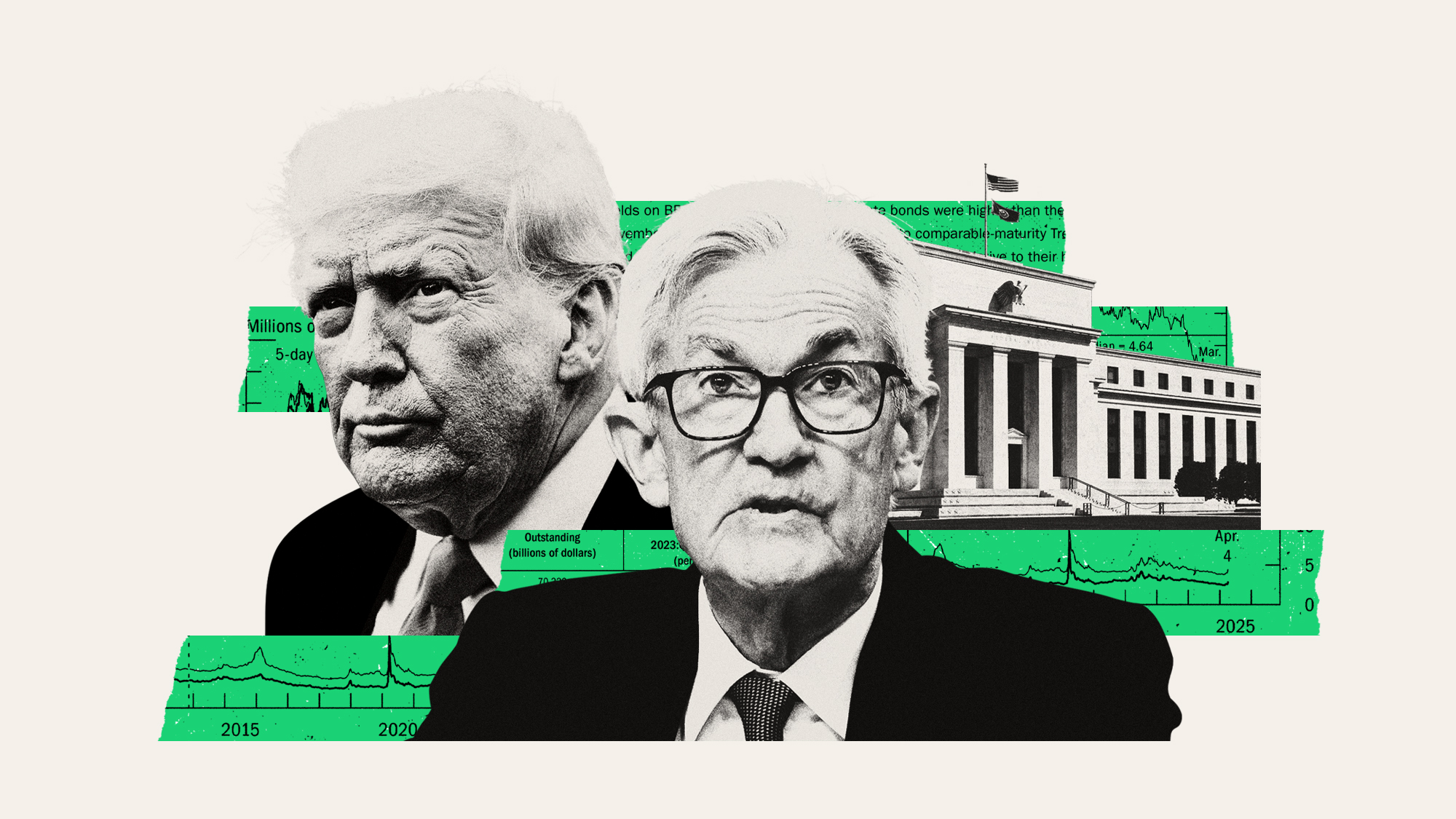 Trump's threats to fire Jerome Powell are unsettling the markets
Trump's threats to fire Jerome Powell are unsettling the marketsTalking Points Expect a 'period of volatility' if he follows through
-
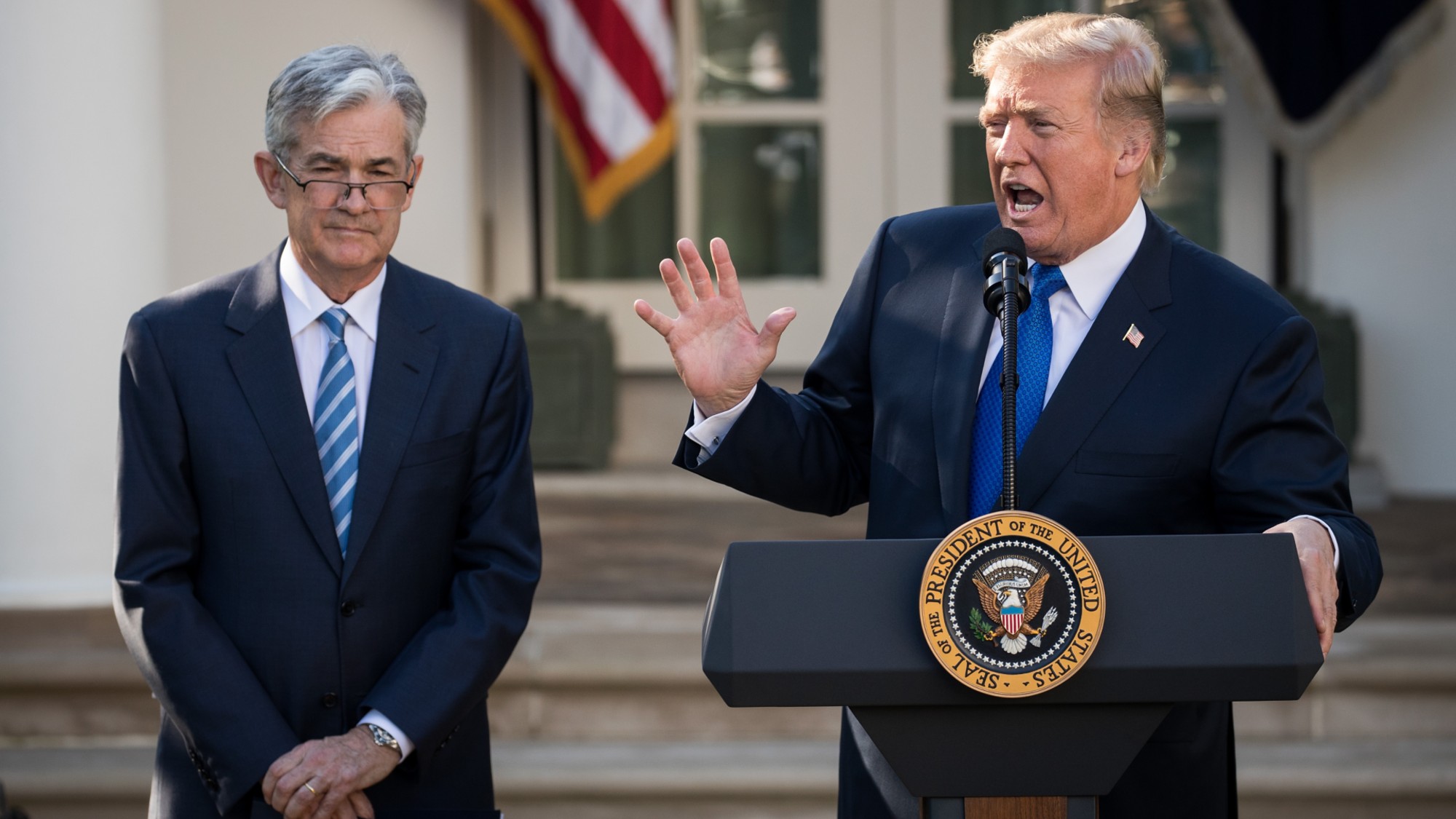 How will Wall Street react to the Trump-Powell showdown?
How will Wall Street react to the Trump-Powell showdown?Today's Big Question 'Market turmoil' seems likely
-
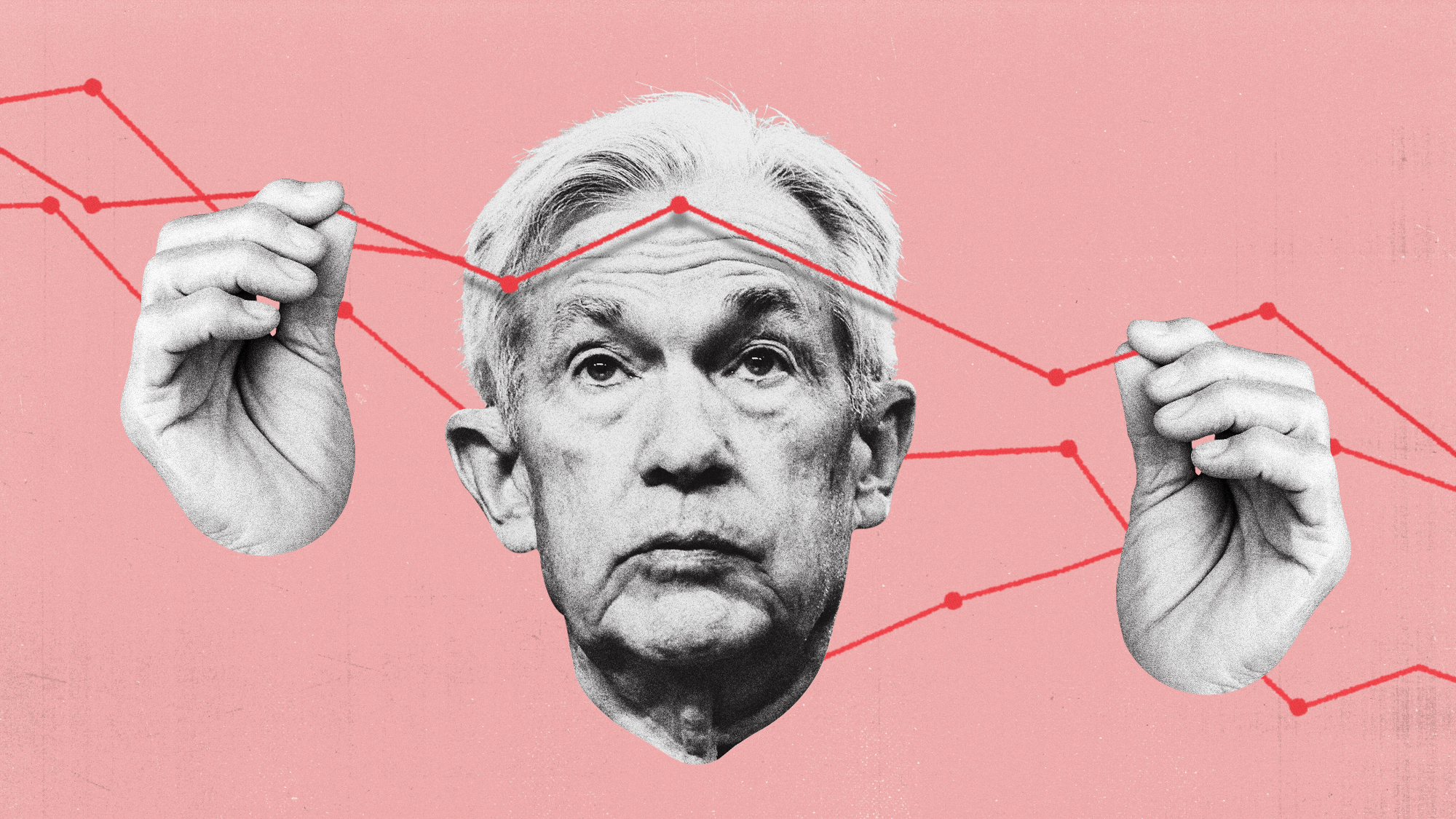 How will the Fed manage Trump's economy?
How will the Fed manage Trump's economy?Today's Big Question Jerome Powell is 'in a bind'
-
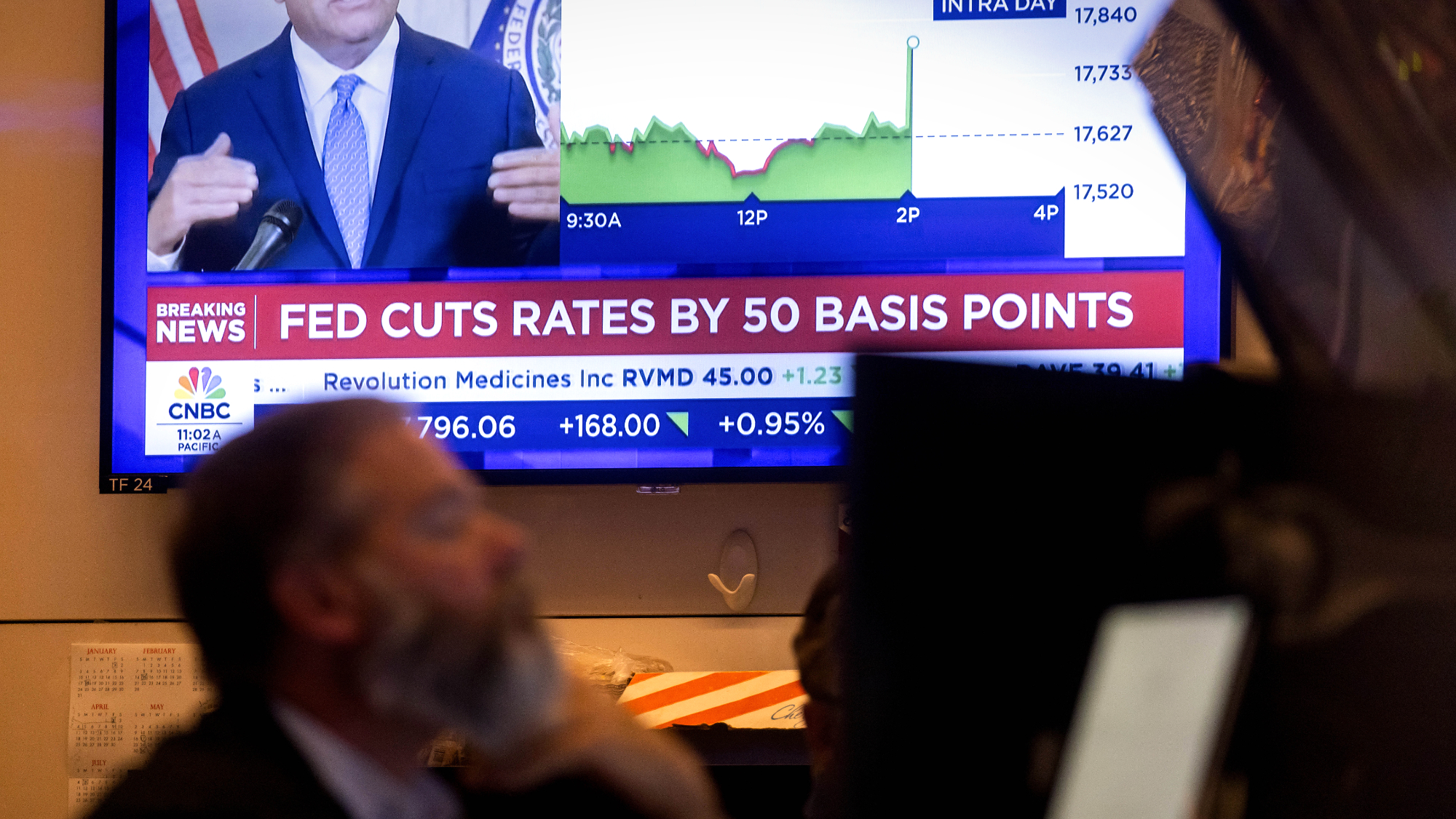 Fed cuts rates half a point, hinting victory on inflation
Fed cuts rates half a point, hinting victory on inflationSpeed Read This is the Fed's first cut in two years